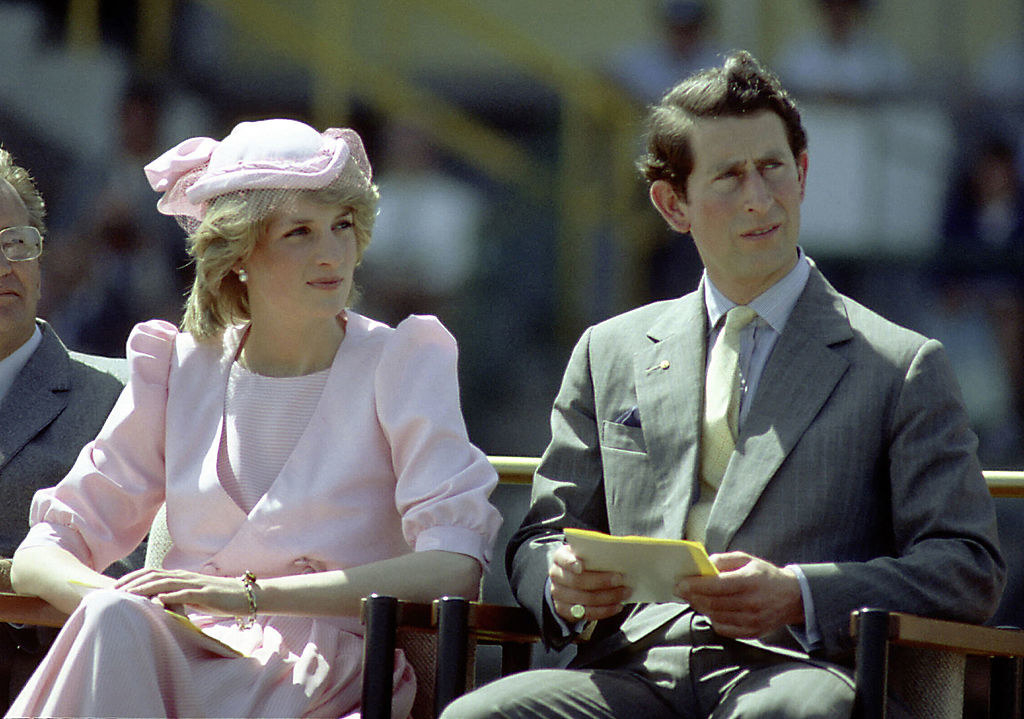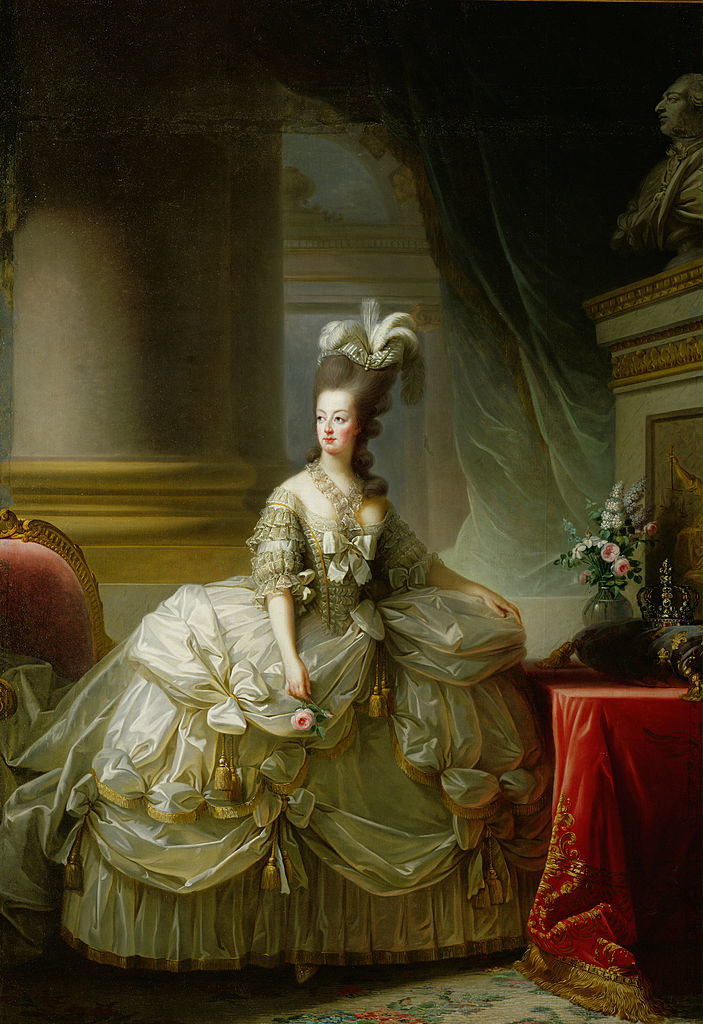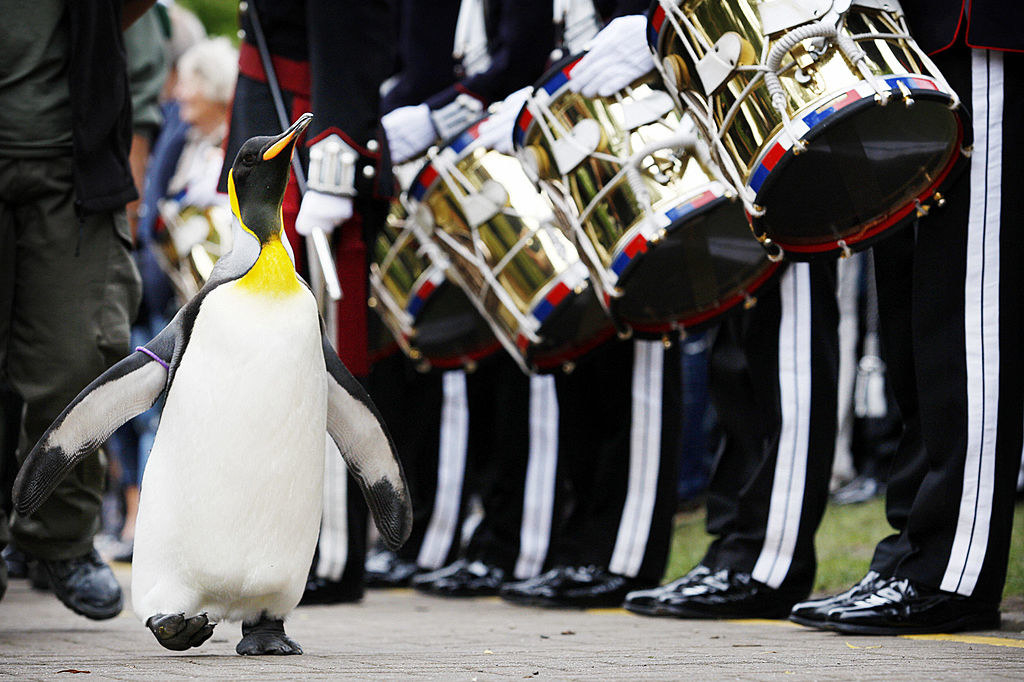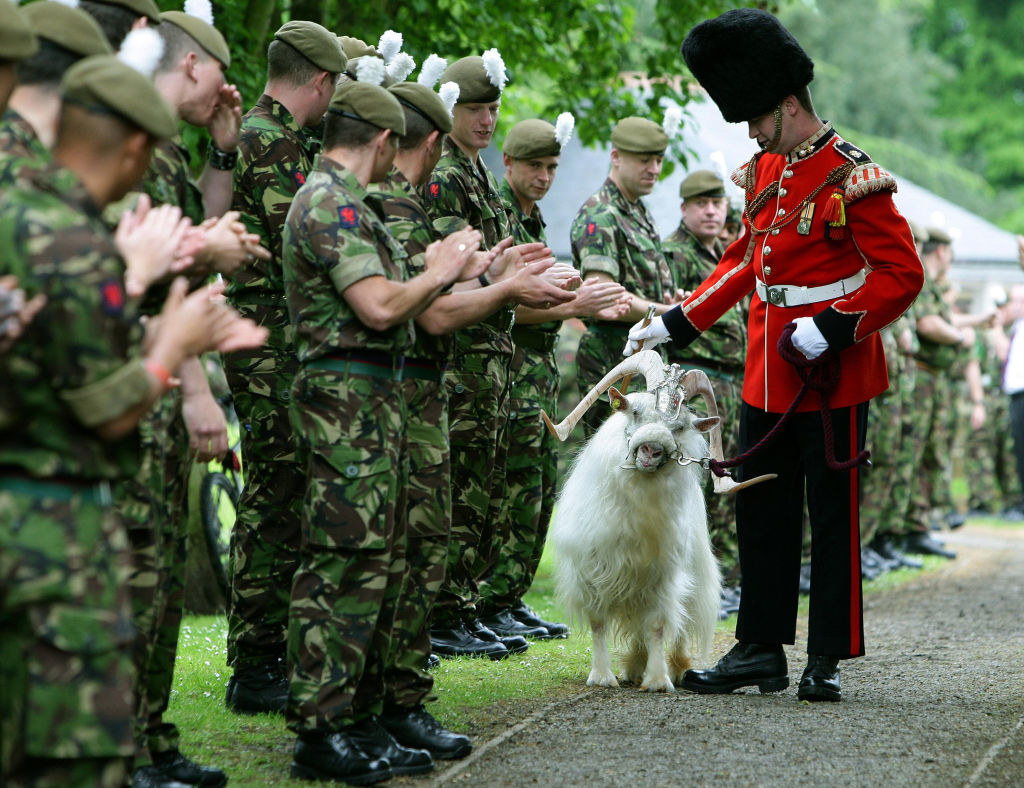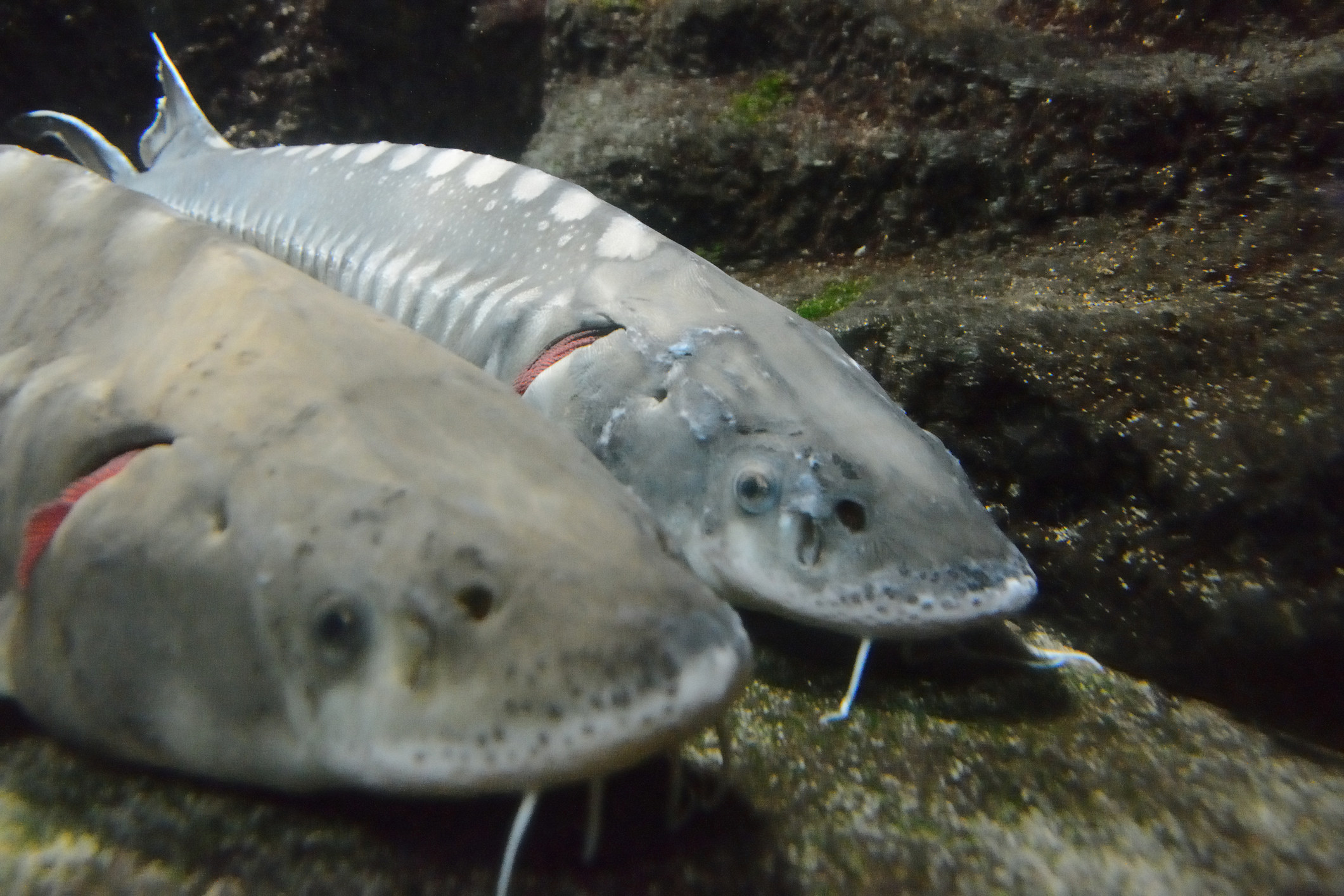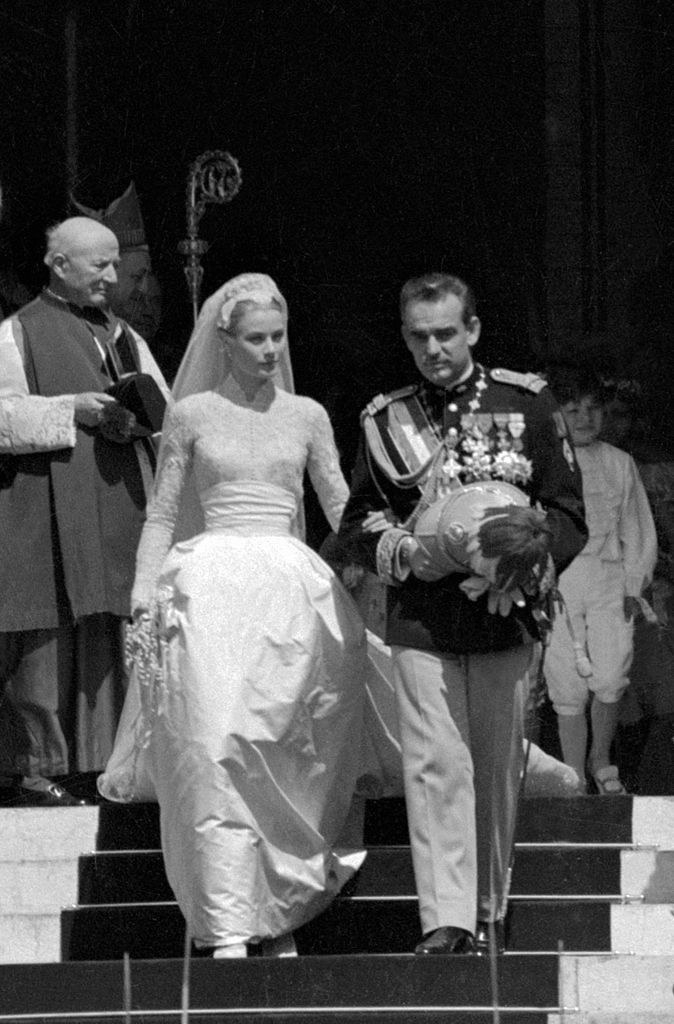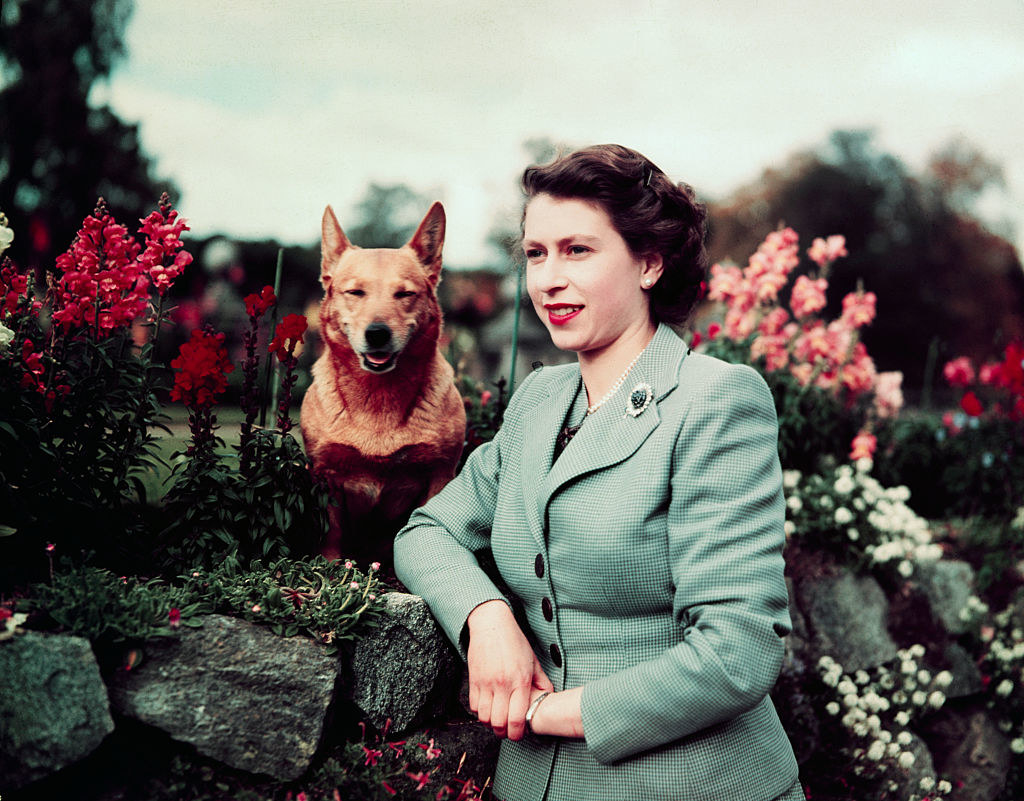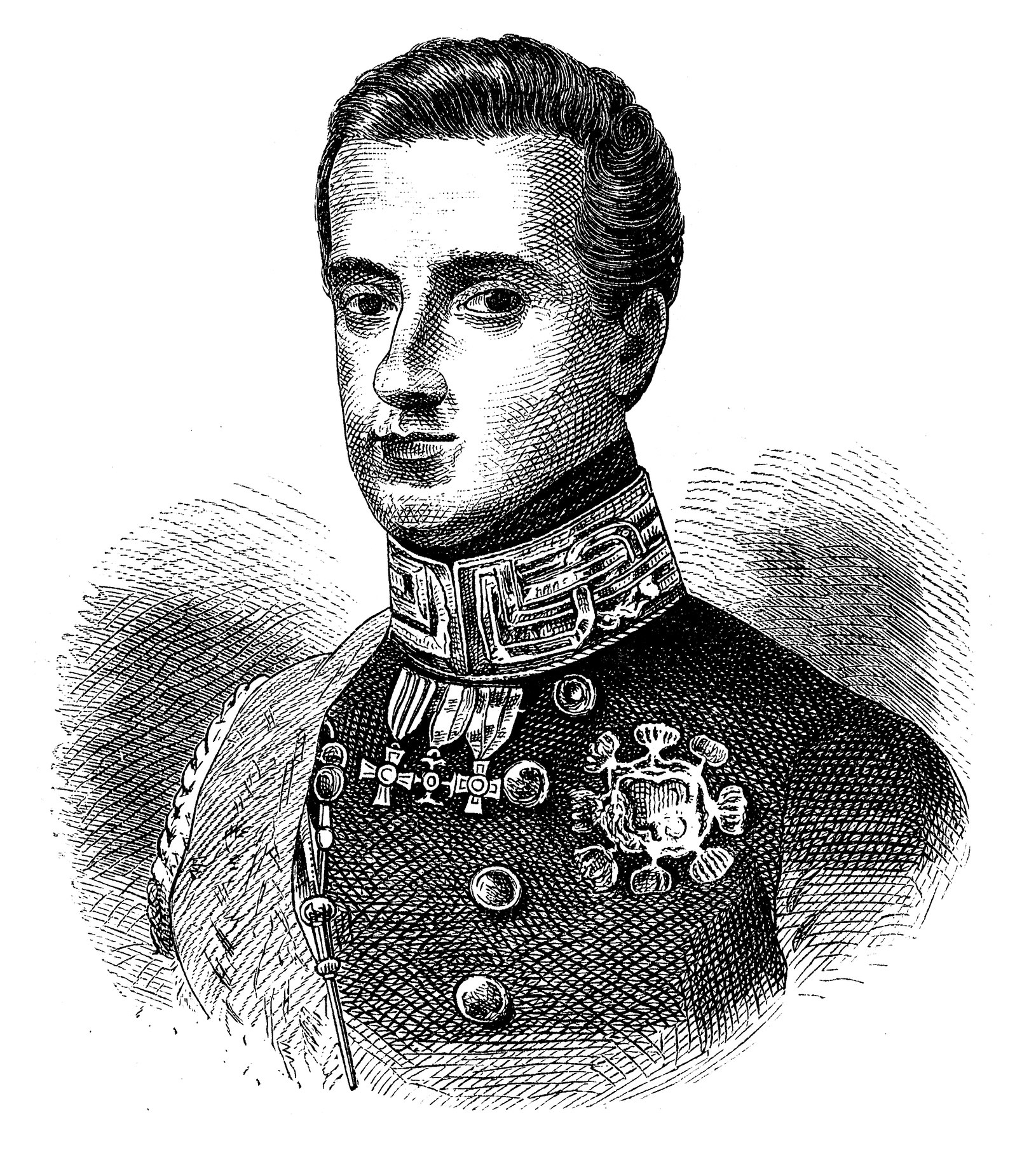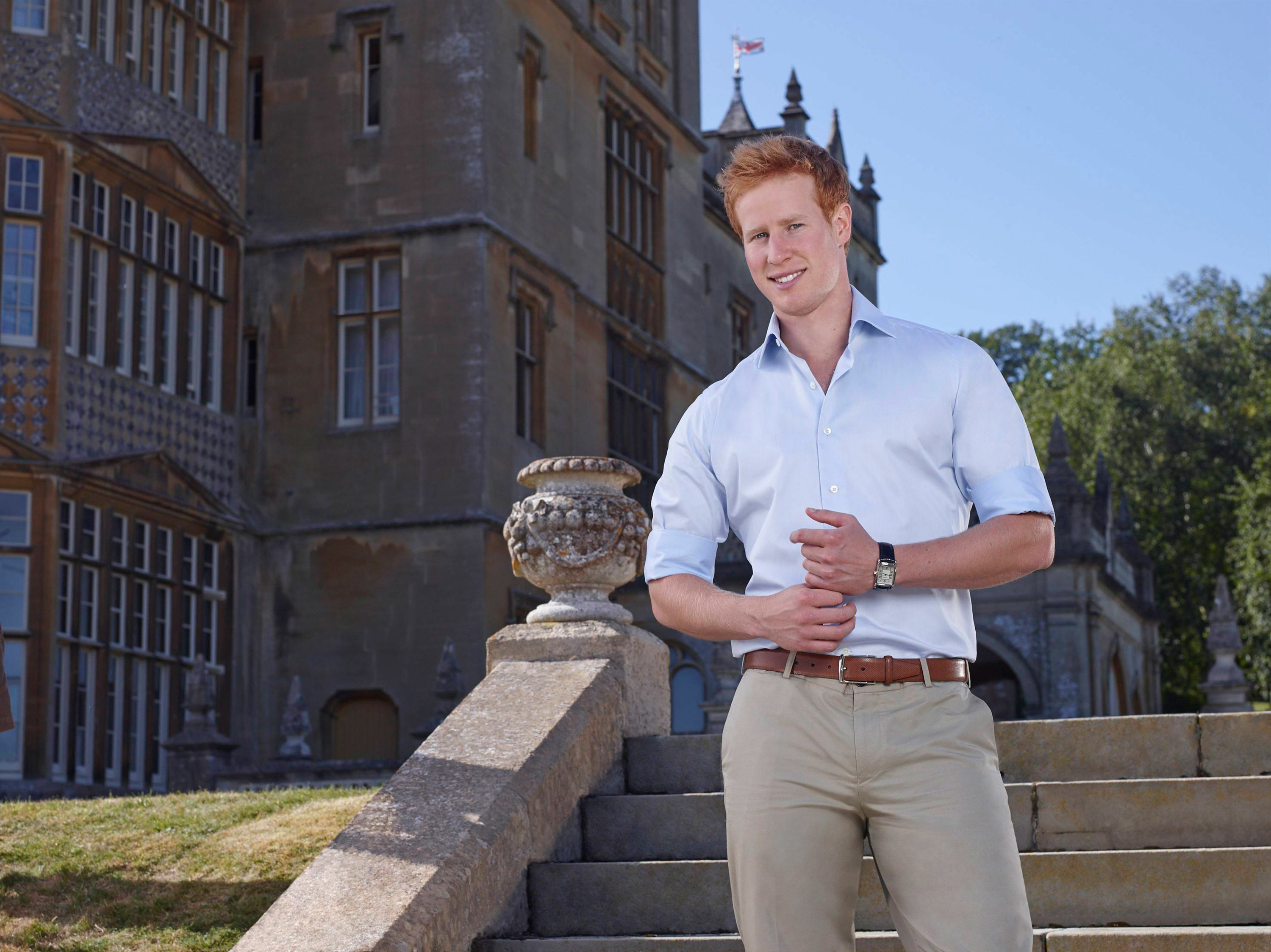IT’S NOT AS BAD AS IT SOUNDS. This charming abode is where the British Special Air Service (SAS) rehearses (okay, “trains”) for hostage rescues, and where the British Royal Family receives their definitely-not-at-all-existentially-terrifying “what to do if you’re kidnapped” training. Apparently, when Prince Charles and Princess Diana did it in the ’80s, Princess Diana’s hair caught on fire from a “flash-bang,” and her lady-in-waiting had to give her an impromptu haircut to prevent any questions about why the People’s Princess looked a little singed. Crowning quote: “Should this demonstration go wrong I, the undersigned Prince of Wales, will not commit B Squadron 22 Special Air Service Regiment to the Tower of London. Charles.” —King Charles, in a letter to the SAS participants in their training. I’m sure these SAS fellas are made of sterner stuff than me, but still, there must be something inherent to the British identity that gets nervous whenever a royal mentions committing you to the Tower of London, even in jest. Call it a hereditary, historical anxiety. The Groom of the Stool was the person at English court who was responsible for aiding the king’s…the Wikipedia page uses the words “toileting” and “excretion,” so yeah, let’s go with that. But while you may assume that a bathroom assistant would be a role reserved for those in a fairly weak position in the court’s food chain, the opposite was true: The private, intimate nature of their interactions with the king meant that the Groom of the Stool was often trusted with secrets and insights few others were. Good for them? (Pictured is Sir Arthur Denny, who Wikipedia lists as the last of King Henry VIII’s grooms of the stool.) Crowning quote: “The appellation ‘Groom of the Close Stool’ derived from the item of furniture used as a toilet.” Modern translation: Official Toilet Guy. A ancient Mesopotamian ritual wherein the real king would attempt to escape bad omens by leaving the throne for a brief period of time and getting symbolically replaced by a substitute, who didn’t have any power but got all the cool stuff and treatment that a king gets. And then, that substitute was put to death, which was thought to save the king (and known to kill the substitute). Crowning quote: “Generally, this [substitute] was a condemned criminal, a prisoner of war, a political adversary, or a menial laborer. An ideal substitute was someone whose death would not cause a great deal of unrest amongst the people.” Feels kind of harsh, but hey, that’s human sacrifice. Armand Gagné was a 5-year-old who was adopted by Marie Antoinette after her carriage nearly ran him over, because how better to apologize for almost killing someone than forcibly making yourself their new mom? Apparently, Armand’s grandmother, who became his guardian after her daughter’s death, was cool with the adoption, and with the additional financial support the queen provided his siblings. (Mouths to feed, peasantry getting screwed over, revolution imminent, you know the story.) Armand, on the other hand, was understandably pissed at being taken from his family and home. While he was treated well at court and by the queen, Armand persisted in reminding everyone that this whole situation was pretty messed up, actually. When the queen had children of her own — her prior inability to do so being part of her motivation in, let’s be honest, kidnapping Armand — she “lost interest” in him, and ultimately, he died fighting as a republican during the revolution, because of course he did. There were few people better positioned to make the “royals have too much power over the common folk” argument than Armand. Crowning quote: “Its [the child’s] grandmother rushed out of the door of her cottage to take it; but the Queen, standing up in her calash and extending her arms, called out that the child was hers, and that destiny had given it to her, to console her, no doubt, until she should have the happiness of having one herself.” —Henriette Campan, a lady maid who served Marie Antoinette. It wasn’t destiny, Marie. It was your carriage. Don’t make it weird. His formal title is Brigadier Sir Nils Olav III, he is the “colonel-in-chief of the Norwegian King’s Guard,” and he is a penguin living in the Edinburgh Zoo. Any questions? Okay, here’s a little bit more backstory, for the military historians amongst us. In the ’70s, the King’s Guard visited Edinburgh and adopted a penguin from their zoo as a mascot. This was Nils Olav I, who reached the rank of sergeant before dying. His successor, Nils Olav II, climbed even further up the ranks, eventually earning the title of colonel-in-chief and a goddamn knighthood. Nils Olav III arrived on the scene during the 2000s, and in 2016, earned the rank of brigadier. How, you ask? Does it matter, I respond. Crowning quote: “During the ceremony, a crowd of several hundred people watched the 130 guardsmen on parade at the zoo, and a citation from the King was read out, which described Nils as a penguin ‘in every way qualified to receive the honor and dignity of knighthood.’” Incredible. No notes. Well done, Norway. A goat who achieved the rank of lance corporeal in the British Army before being temporarily demoted following belligerent behavior at a parade to celebrate the Queen’s 80th birthday. His crimes included failing to properly march, attempting to head-butt somebody, and generally behaving like a goat, which a Canadian animal rights group pointed out when petitioning the Army to restore his rank, which they ultimately did. When William was granted a peaceful retirement at a zoo, he was replaced by William Windsor II, who apparently receives rations of two cigarettes (to munch on, because a goat in the military’s one thing, but letting him light up is a step too far) and can look forward to enjoying some beer (Guinness, specifically) in his twilight years. Crowning quote: “Army spokesman Gavin O’Connor said, ‘We are looking for a goat which is calm under pressure and a team player.’” I don’t know how you tell a selfish goat from one who’s a “team player,” but I would like to find out. Gavin, let me know. In Great Britain, whales, porpoises, and sturgeon become the property of the monarch when they’re caught. When they’re free, though, those magnificent sea creatures answer to neither God nor crown. (That’s not part of the law, but it’s true, right?) Crowning quote: “The law of royal fish continues to excite some notice and occasional use, as evidenced when a fisherman caught and sold a sturgeon in Swansea Bay in 2004. After informing of the sturgeon to Queen Elizabeth II, the fisherman, a man named Robert Davies, received notice that he could use the 264-lb. catch ‘as he saw fit.’” Apparently, the Queen wasn’t nearly as enthusiastic about sturgeon as she was about corgis. (More on that momentarily.) Exactly what it sounds like: the wedding between the Prince of Monaco and a Princess of Hollywood. The account of this extraordinary event is filled with fascinating tidbits, my favorite of which is that Frank Sinatra turned down an invite because he thought he risked overshadowing the bride and groom. I just love the idea of a Monaco newspaper having a headline like, “WELCOME, FRANK” and then, in much smaller type, “Royal Wedding Pretty Cool, Too.” Crowning quote: “The marriage was solemnized in the presence of 80 guests, which included representatives from 24 nations, and finalized with the recitation of the 142 official titles Grace inherited by marriage, in the feminine.” One hundred and forty-two? One hundred and forty-two?! Even Daenerys Targaryen, Mother of Dragons, Breaker of Chains, Et Cetera, knew when to call it. A saga of the second noblest lineage in British history: Queen Elizabeth II’s corgis. Her beloved companions were descended from Susan, a corgi gifted to her on her 18th birthday, and they lived as large as it is possible for a dog to live, with their own room in Buckingham Palace and luxurious meals. The corgis became symbolic of the Queen and her reign, but must’ve developed quite the reputation for troublemaking around the palace, as the section entitled “Attacks” can attest. In the ’90s, the Queen had to get stitches when she tried to “break up a fight between 10 or so of her corgis.” For some reason, there isn’t an entire episode of The Crown dedicated to this corgi battle royale. Crowning quote: “The corgis had an extensive menu at the palace which included fresh rabbit and beef, served by a gourmet chef.” Spare is all well and good, but where’s the tell-all memoir from the royal corgis’ chef? In the 19th century, Giuseppe Bertoleoni Poli, a shepherd of mysterious origins living as the sole inhabitant of an island off the coast of Sardinia, claimed that the King of Sardinia verbally named him king of the island. Thus, the itty-bitty Kingdom of Tavolara was established, with Giuseppe and his descendants as its self-proclaimed rulers. In modern times, the king runs a restaurant and sells souvenirs; his sister, the princess, operates another restaurant near the king’s. (Pictured is Charles Albert, the Sardinian king who supposedly awarded Giuseppe his title.) Crowning quote: “By 1904, however, Carlo was king in name only, having no ambition to rule. He is reported to have said, ‘I do not care to be a king. It is enough for me to make as fine lobster-pots as did my father.’” Is it weird that the fact that he’s more interested in catching lobster than ruling a kingdom makes me trust him more than every other monarch? Who says us Americans can’t get in on all this royal fun? (We did, actually, quite forcefully, back in the 18th century.) In 2014, Fox aired a reality dating show about women competing for the chance to marry Prince Harry. But — get this — the guy wasn’t actually Prince Harry. He wasn’t even a natural ginger! (Seems like an oversight on the part of the casting department.) Somehow, the show was cancelled after only four episodes. A monarchy is supposed to be divine, untouchable, blessed by God. A reality dating show is none of those things, and yet, they are equally surreal. Crowning quote: “He [Matthew Hicks, the faux-Harry] had previously done some very small-scale impersonations of Prince Harry, but otherwise had no prior acting experience.” Please, I’m begging you: What is a “very small-scale impersonation”? Was he hired to pretend to be Prince Harry at birthday parties? Did he use their resemblance as an opening line at bars? I need to know.
